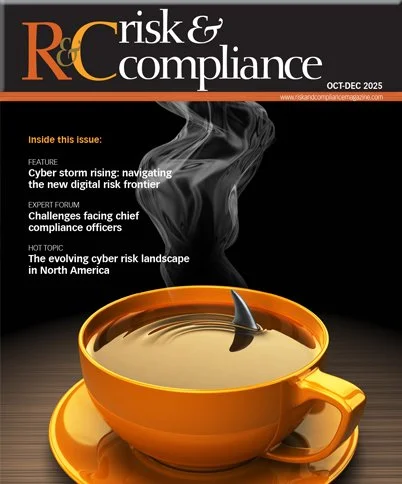ESTIMATING ECONOMIC DAMAGES FROM DEFAMATION: HOW PERSONAL EARNINGS CAN BE CALCULATED
In finance, we often speak in precise terms, using models, statements and projections that give the impression of certainty. But unlike physics or chemistry, finance is not governed by natural laws. It is a system built on human logic, conventional structures and shared experience. Much of modern finance is based on principles that have stood the test of time, not because they are scientifically proven, but because they help us make sense of complex financial activity. A clear example is double entry bookkeeping, a financial concept introduced by Luca Pacioli in 1494. Over five centuries later, this same method remains at the heart of accounting systems around the world. The idea that every financial movement has an equal and opposite entry may not be as undeniable as gravity, but it brings clarity, balance and accountability. It gives us a reliable way to record value and trace responsibility. More than that, it gives us a shared grammar: a way to express, question and argue about financial realities using a common language. That is the true strength of finance. It helps us translate messy and sometimes subjective situations into structured stories that others can understand and evaluate.
This becomes especially important when we are assessing economic damages in legal cases that do not have a standard formula or fixed method for calculation. One such area is the financial impact of reputational harm. ‘Sticks and stones’ aside, words can hurt; and that hurt can often be measured in dollars and cents. Plaintiffs seeking justice for economic harm caused by defamation often rely on expert analysis to support their claims. In practice, no two cases are the same. Each one comes with its own facts, context and financial realities.

